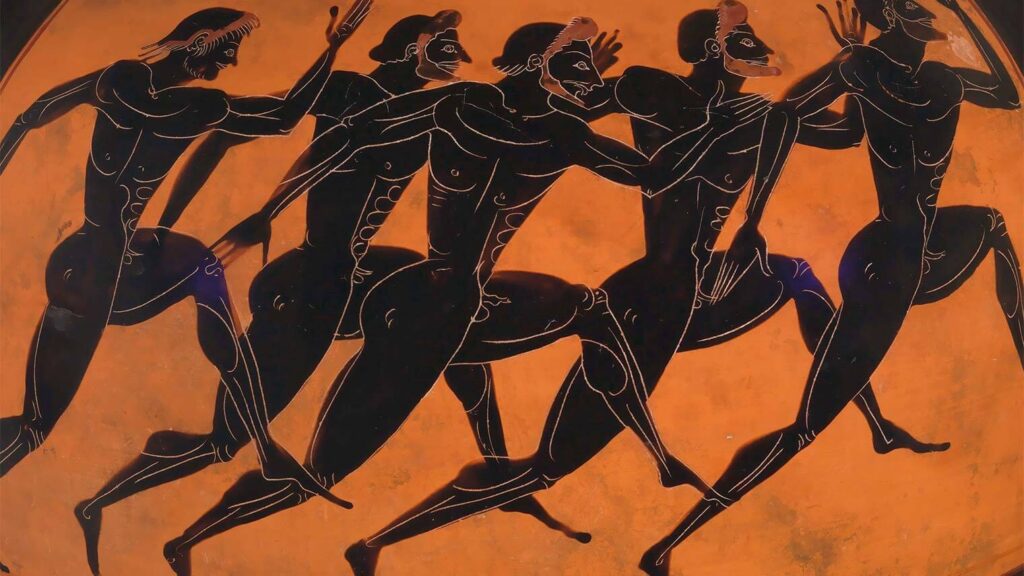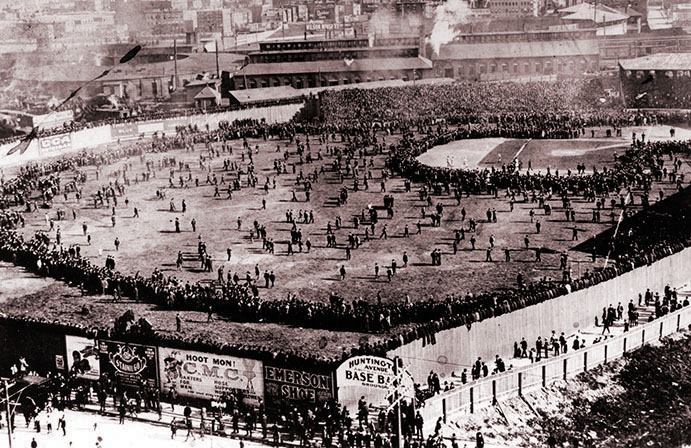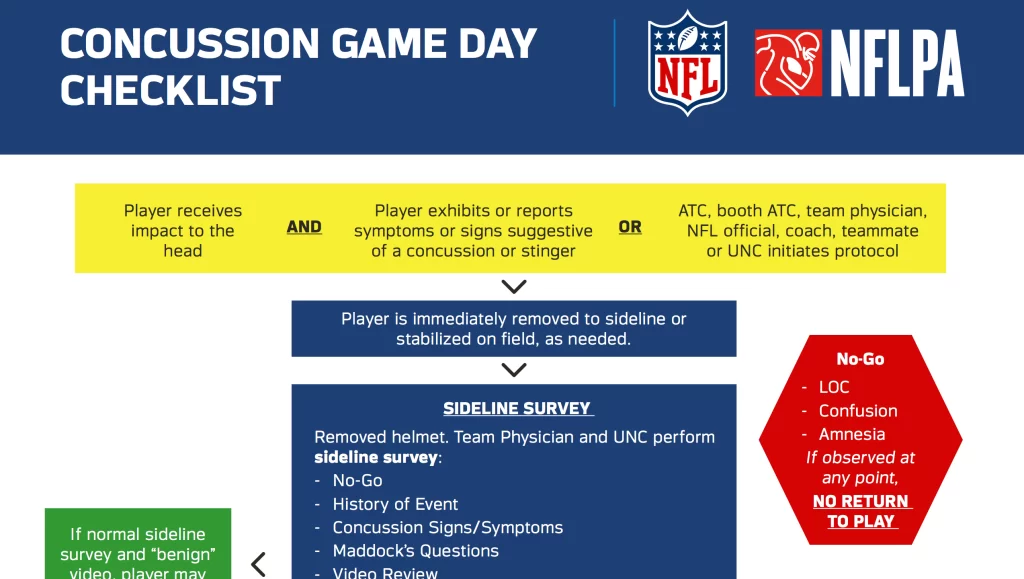Dive into a captivating exploration of athleticism, tracing its evolution across the centuries. This journey takes you through the annals of sporting history, highlighting the transformation of athleticism from ancient times to the modern era. It’s a tale of human spirit, endurance, and the relentless pursuit of excellence.
Discover how sporting events have shaped societies, influenced cultures, and ignited passions. From the early Olympic games in Greece to the high-tech sports of today, witness the incredible metamorphosis of athleticism. It’s not just a chronicle of sporting history, but a testament to human resilience and determination.
Evolution of Athleticism Through the Ages

Ancient and Classical Period Origins
Track and field events, discernible in ancient civilizations, are the foundation of modern athleticism. Dating back to 776 BCE, the original Olympic Games, held in Olympia, Greece, signify the inception of structured sports. Athletes honored Zeus, demonstrating their physical prowess in multiple events, with the stadium foot-race being predominant. Even the Romans, known for their gladiator combats, held athletic contests of jumping, wrestling, discus, and javelin throwing which have greatly influenced today’s sporting disciplines.
The Medieval and Renaissance Athletic Developments
From the 5th to 15th century, characterized by the Medieval and Renaissance periods, athleticism took a remarkable turn. Chivalry dictated the manners of the Medieval knight, where tournaments became platforms for elegance, courage, and physical agility. Jousting and archery stood out during this period. The Renaissance, glorifying physical education and health, embraced sport as a central part of education. The sport of fencing emerged, promoting agility and reflexes. Football, though crude and violent, made its first appearance, hinting at the diversity and evolution of athleticism bound to come in future centuries.
Key Milestones in Modern Sports History
The Birth of the Olympics
A profound change in the history and philosophy of sport occurred in 1896, marking the rebirth of the Olympic Games. In contrast to their ancient counterparts, the revived Games allowed international participation, creating a global platform for athletics. Spearheaded by Pierre de Coubertin, founder of the International Olympic Committee (IOC), the inaugural modern Olympics took place in Athens, Greece. Including 43 events and 14 countries, these games touted sports such as cycling, fencing, gymnastics, swimming, and weightlifting. Unlike the ancient games, the modern Olympics expanded beyond the initial track and field offerings, embracing a diverse range of sports disciplines.
Significant developments followed. The introduction of the Winter Olympics in Chamonix, France in 1924, allowed winter sports to gain international recognition. In 1928, women’s athletics and gymnastics appeared for the first time at the Amsterdam Games, symbolizing a break from gender biases in sports.
The Rise of Professional Sports in the 20th Century

Unprecedented growth happened in professional sports in the 20th century, transforming sports into a global industry. American sports, like baseball and basketball, evolved into professional leagues. In 1903, the first World Series of Baseball was played between Boston and Pittsburgh, while the National Basketball Association (NBA) was established in 1946. Similarly, Europe saw the formation of football leagues, including the English Football League in 1888 and Italia Serie A in 1898.
Sports became a business as athletes signed contracts, endorsements, and sponsorships. Mass media played a critical role in this transformation. The first live radio broadcast of a baseball game occurred on August 5, 1921, while the first live televised sports event, a college baseball match, was broadcast in 1939. Over the decades, sports broadcasting proliferated, treating fans to vivid play-by-play coverage. Satellite technologies further boosted global viewership, ensuring sports permeated every corner of the planet.
The 20th century wasn’t just about professionalization; it was about breaking barriers, too. Jackie Robinson broke the color barrier in American baseball in 1947. In golf, the ‘Tiger Woods phenomenon’ brought diversity to greens traditionally dominated by white males. Sports weren’t just games anymore; they became a platform for pushing societal change. In this sense, modern sports history also charts the progress of human rights, inclusion, and national identities.
Athleticism in the 21st Century
The 21st century ushered in significant change in the realm of athletics. Transformations are visible in areas such as sports and athlete trends, technology’s role, societal attitudes, and the challenges and opportunities that modern-day sporting events present.
Trends and Changes in Modern Sporting Events

In the 21st century, influences such as globalization and technological advancements sparked remarkable trends in athletics. Among these, the dawn of esports has represented a significant shift. With an estimated global audience of 495 million in 2020, esports epitomizes the reach and impact of digital technology in sports.
Simultaneously, the pursuit of equality in sports has gained momentum. In 2012, for the first time in Olympic history, every participating country included at least one female athlete in their team. Instances like these reflect a progression towards inclusivity in sports, transcending barriers of gender and ethnicity.
Player safety became another significant focus. Sports bodies took strides in implementing and modifying rules to reduce injury risks, such as in American Football. The NFL introduced the “Concussion Protocol” in 2009 to address concerns around player safety. These shifts illustrate the changing dynamics and the defining roles of ethics in modern sports.
Challenges and Opportunities in Current Athletics
Current athletics presents a unique blend of challenges and opportunities. These emanate from diverse fields such as technology, climate change, and commercial pressures.
Data exploitation is a prime challenge. Athletes generate vast amounts of data, from performance metrics to personal health information. Establishing ethical guidelines to regulate data extraction and usage and securing athlete privacy emerges as a pressing need.
Climate change, too, poses a significant challenge. Unexpected shifts in weather conditions can disrupt scheduled events and threaten athlete safety. Hence, developing sustainable athletic practices is required.
Conversely, exciting opportunities arise from these challenges. Advanced analytics and understanding data can facilitate designing personalized training regimens, enhancing performance considerably. Climate-aware planning can lead to more resilient and sustainable athletic practices, setting a forward-looking example for other industries to follow.
The 21st century historicized unique twists in the narrative of athleticism. Navigating these complex shifts might test the sports world, but it’s also these changes that make the journey worthwhile and interesting.
The future of athleticism is sure to be as dynamic and exciting as its past, filled with opportunities such as personalized training and sustainable practices. The journey of sports is complex, but it’s these complexities that make it worthwhile and interesting. The story of athleticism is far from over, and we can’t wait to see where it heads next.
Make sure to visit Belly Up Sports every day for more sports content and news!
Featured Image: Steph Chambers/Getty Images






